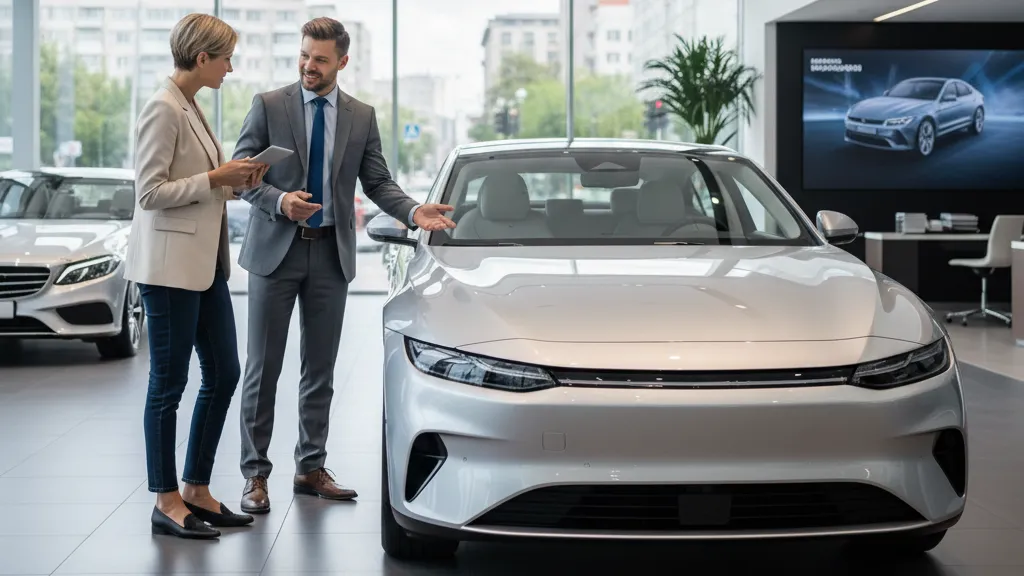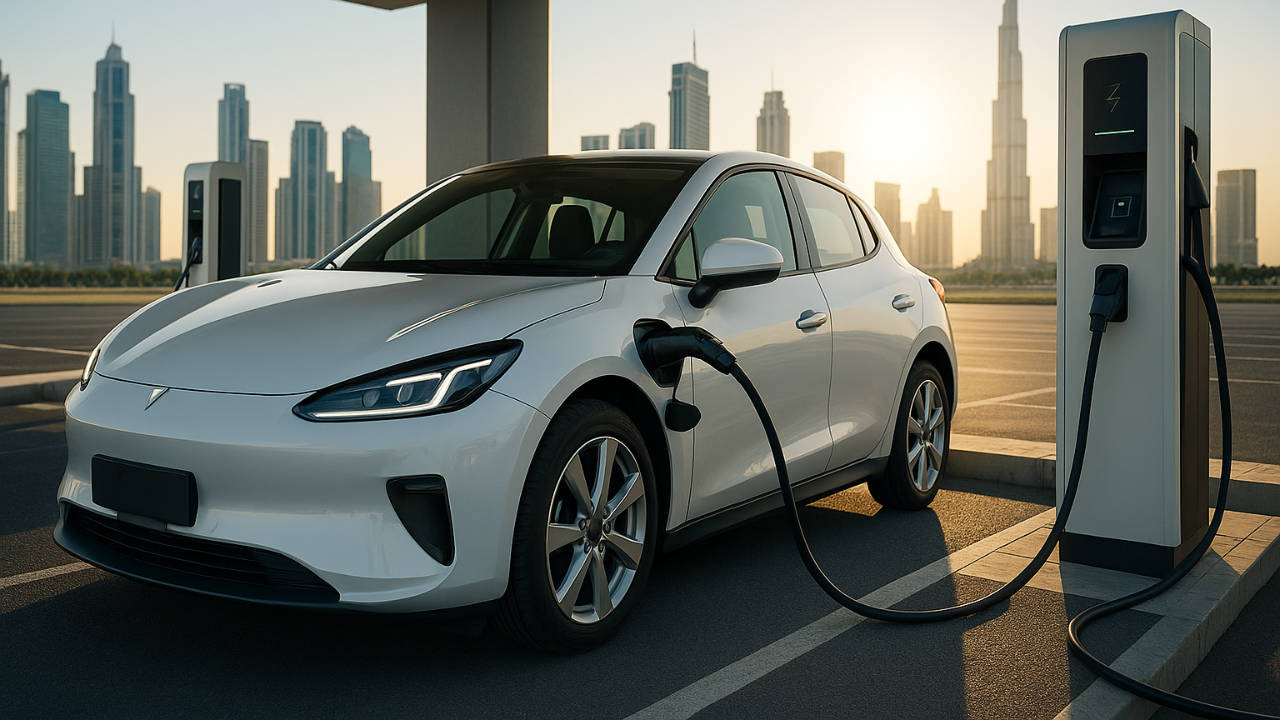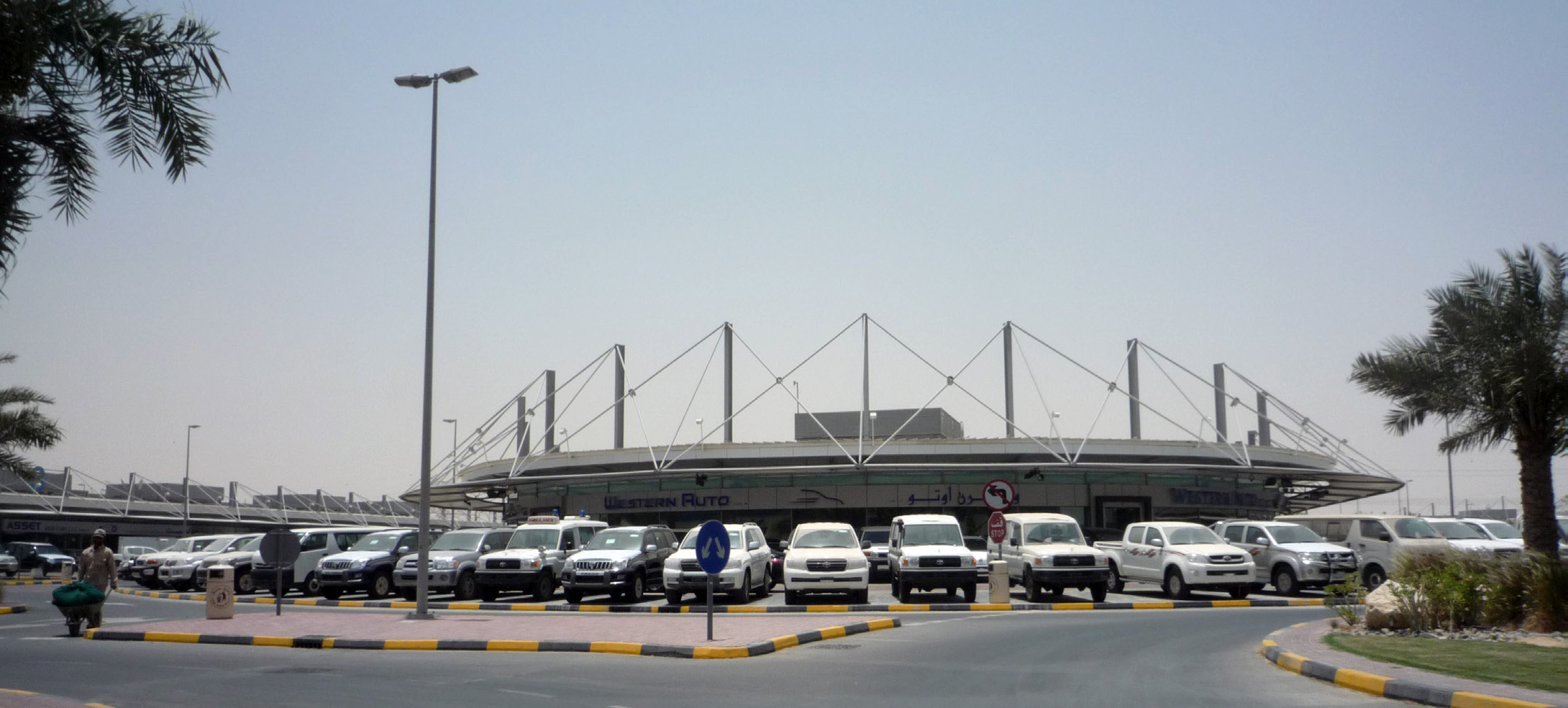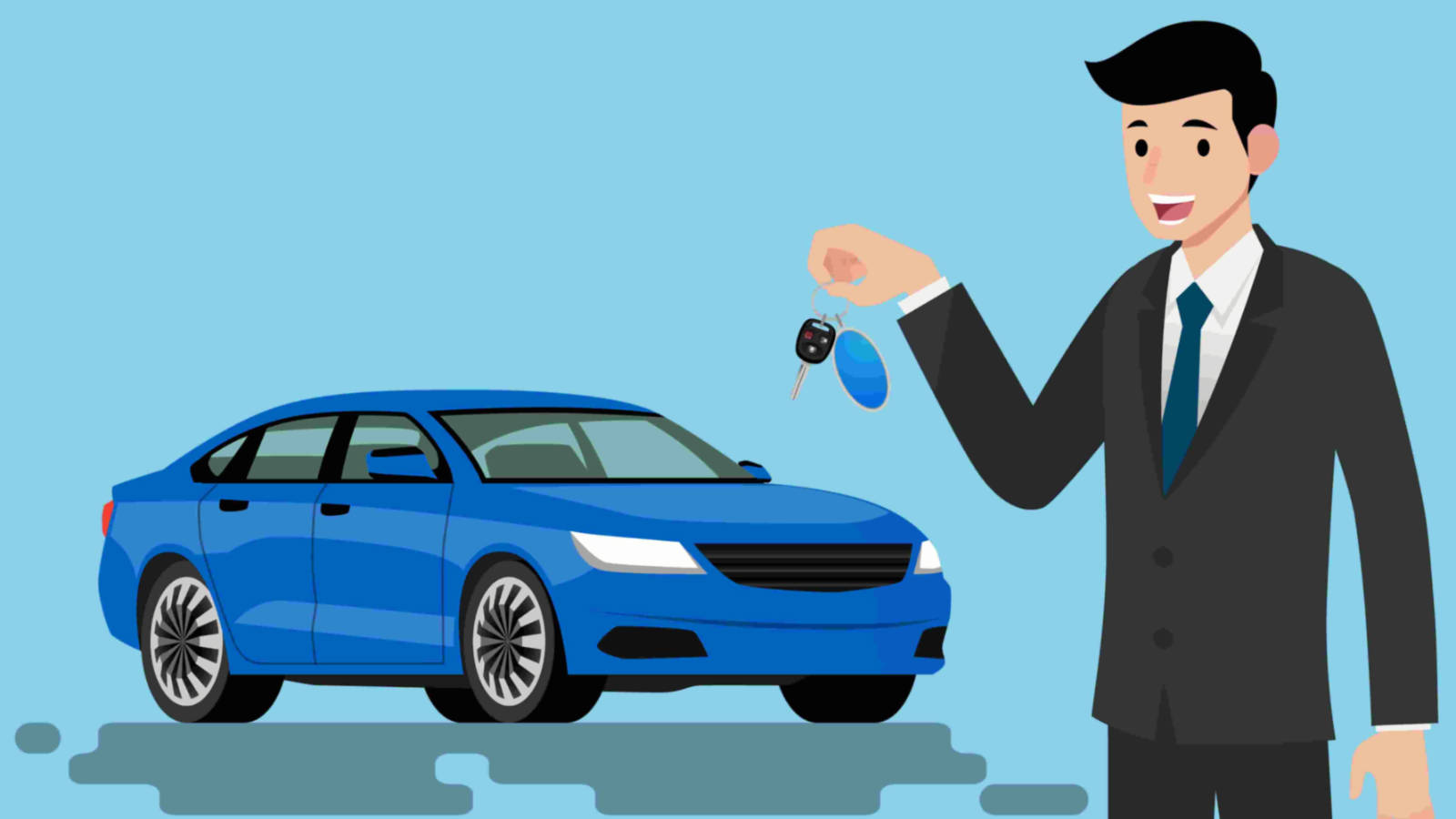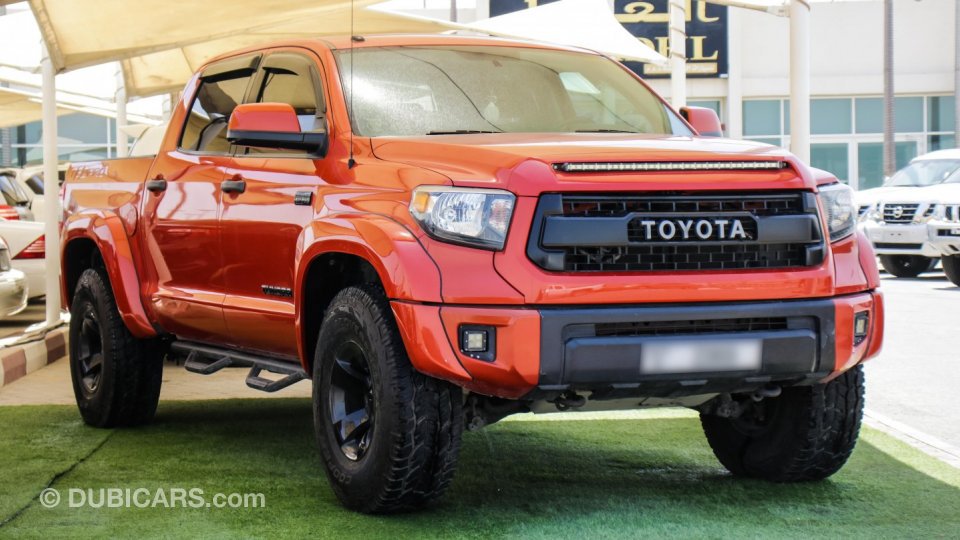Buying A Car From A Private Seller — Guide To A Safe & Secure Transaction

Buying a car is now easier than ever before. If you are looking for a private seller used car in the UAE, you can either choose from a dealership or buy directly from a private seller. More often than not, a private seller used car is less expensive compared to a similar model at a dealership. This makes private seller used cars quite attractive to buyers.
However, there are a few precautions to take when buying a private seller used car. Here are some tips and tricks to ensure a safe and secure transaction.
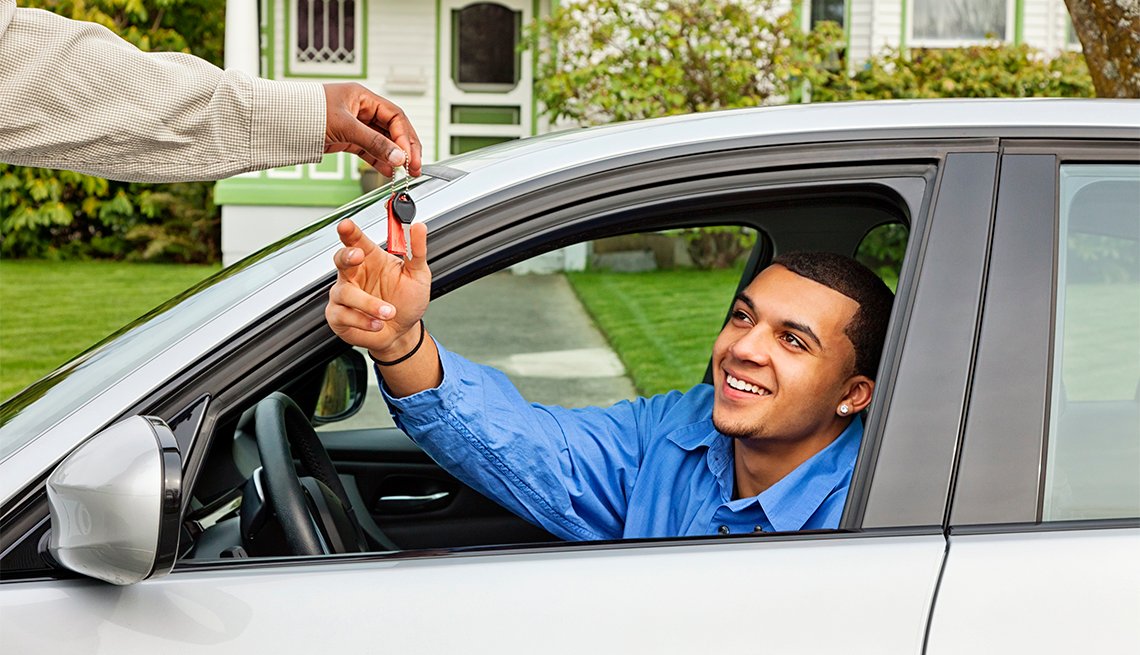
Thoroughly Check The Vehicle
When buying a private seller used car, it is essential to inspect the vehicle thoroughly. Even without mechanical knowledge, you can check basic aspects like the exterior and interior condition. However, it is wise to take a trusted mechanic along for a detailed inspection of the mechanical parts. Knowing the car’s mechanical condition will help determine its true value.
You can always opt for DubiCars’ Car Valuation service, to get a detailed inspection of the car done and then understand the real value of the car. You can also drive down to a testing centre with the seller and get the car tested to get a thorough idea of the car’s condition.
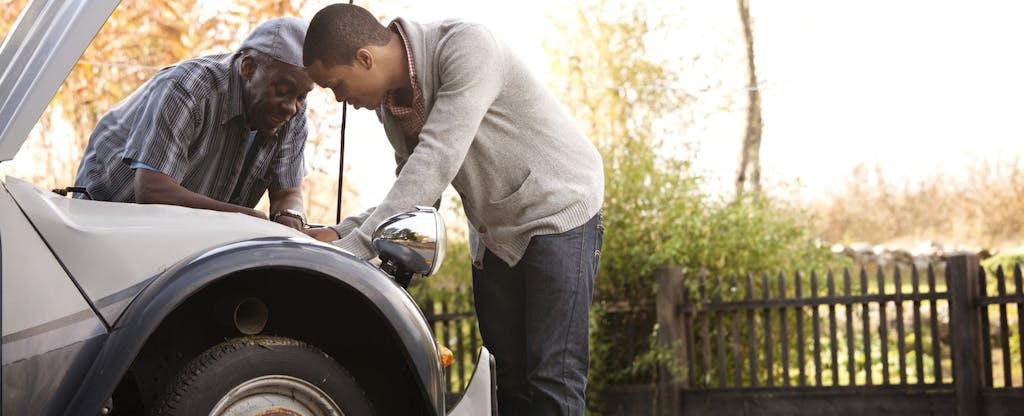
Check For Active Warranty & Maintenance Contracts
Most new cars come with a factory warranty that lasts between 3 to 5 years. Some car buyers also choose maintenance contracts or extended warranty packages. When buying a private seller used car, check if it still has an active warranty or a maintenance contract. This will be beneficial during ownership.
If a car is being sold within five years of it being manufactured, there is a good chance that it could still be under warranty or it could have an active maintenance contract. It would be a good idea to enquire about the same before going through with the purchase as it would be beneficial during ownership. If the seller is unsure, one could check with the OEM agency.

Things To Check On A Used Electric Vehicle
If you are looking to buy a used electric car from a private seller, take extra precautions. Electric vehicles require more thorough checks due to the risk of battery damage.
Firstly, check if the car has been in an accident. An electric car’s battery pack may get damaged in a collision. If the battery was not repaired or replaced after an accident, it could be a red flag.

Secondly, examine the battery’s life and charging time. An older battery tends to lose capacity and takes longer to charge. Understanding battery health is crucial before buying a private seller used car that is electric.
Take The Car For A Test Drive
A test drive is crucial when buying a private seller used car. It helps you detect any issues with the engine, suspension, or steering. Pay attention to unusual noises or vibrations. Check how the car feels while driving and ensure it matches your needs and lifestyle.
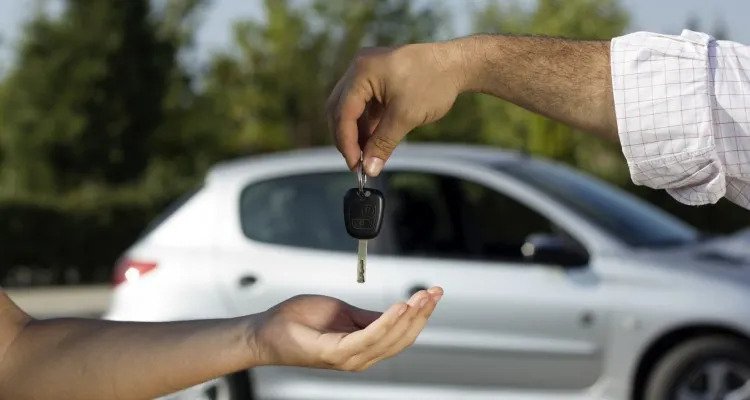
Questions to ask yourself include: How many people will you be driving? Is the boot spacious enough? Are you comfortable parking it? Answers to questions like these are sure to have a major influence on your decision.
Think About The Finances Involved
Before buying a private seller used car, evaluate your budget. In the UAE, cars range from as low as AED 10,000 to over AED 5 million. Decide whether you will pay from savings, the sale of your previous car, or through a bank loan.
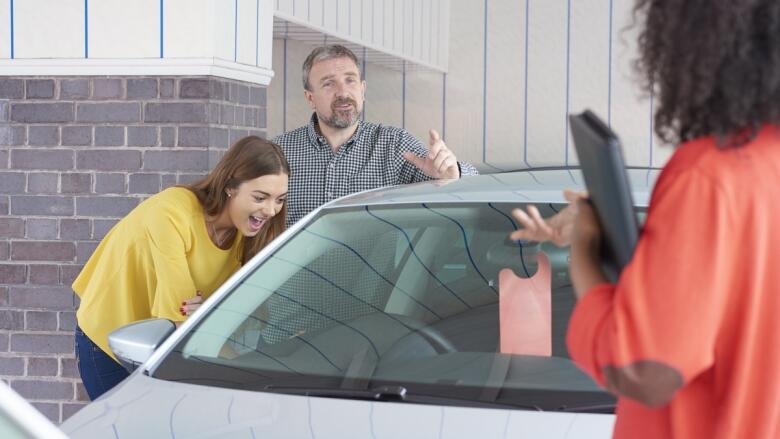
Secondly, before you set out to look for a car, you must decide whether you are paying for the car from your savings, from the money you get by selling your previous car, or through a bank loan. If you opt for a bank loan, it is a good idea to ask the bank beforehand, how much they are willing to lend you.
Yet another aspect to keep in mind is — eligibility for the loan based on the age of the vehicle. Cars that are more than five years old are not eligible for financing. In some cases, only cars sold by used car dealerships are eligible for car loans. So, check with your bank before going ahead and picking a car.
Sort Out The Paperwork
Once you’re sure the fines are paid off, it is time to transfer the registration of the vehicle. There are many processes in place to make sure the transfer happens quickly. Here’s a detailed guide on how to transfer vehicle ownership in Dubai. For the registration transfer to take place smoothly and without hindrance, it is imperative that the car’s papers must be in order.

Make Sure Previous Salik Dues & Traffic Fines Are Cleared
This is a simple yet most often overlooked aspect of buying a car. Before buying a car, make sure to check that it does not have any unpaid traffic fines or Salik dues. If there are some unpaid fines, get the car’s previous owner to pay his/her dues and clear it before arriving at the paperwork. Fines can be paid off at the nearest police station, on the Dubai Police app, or website.
Choose A Safe Mode Of Payment
Once you have arrived at common grounds with the seller regarding the price of the car, it is time to make the payment and complete the transaction. However, this is where one needs to be very careful. We suggest that the payment be completed only while the paperwork is handled or if you have paid a deposit on the car, the remaining amount can be paid once the paperwork is done.

While cash payments are most commonly accepted, they aren’t really the safest way to pay. In addition, if the car you’re buying is worth AED 100,000 or more, carrying so much cash around becomes impractical as well. Hence, it is always suggested to choose bank transfers as the mode of payment for your car purchase.
Also Read
- Does Your Car Really Need Premium Petrol? Here Are The Differences Between Normal & Premium Petrol
- Top 10 SUVs To Buy In The UAE
- All You Need To Know About Elon Musk & His Tesla Story



